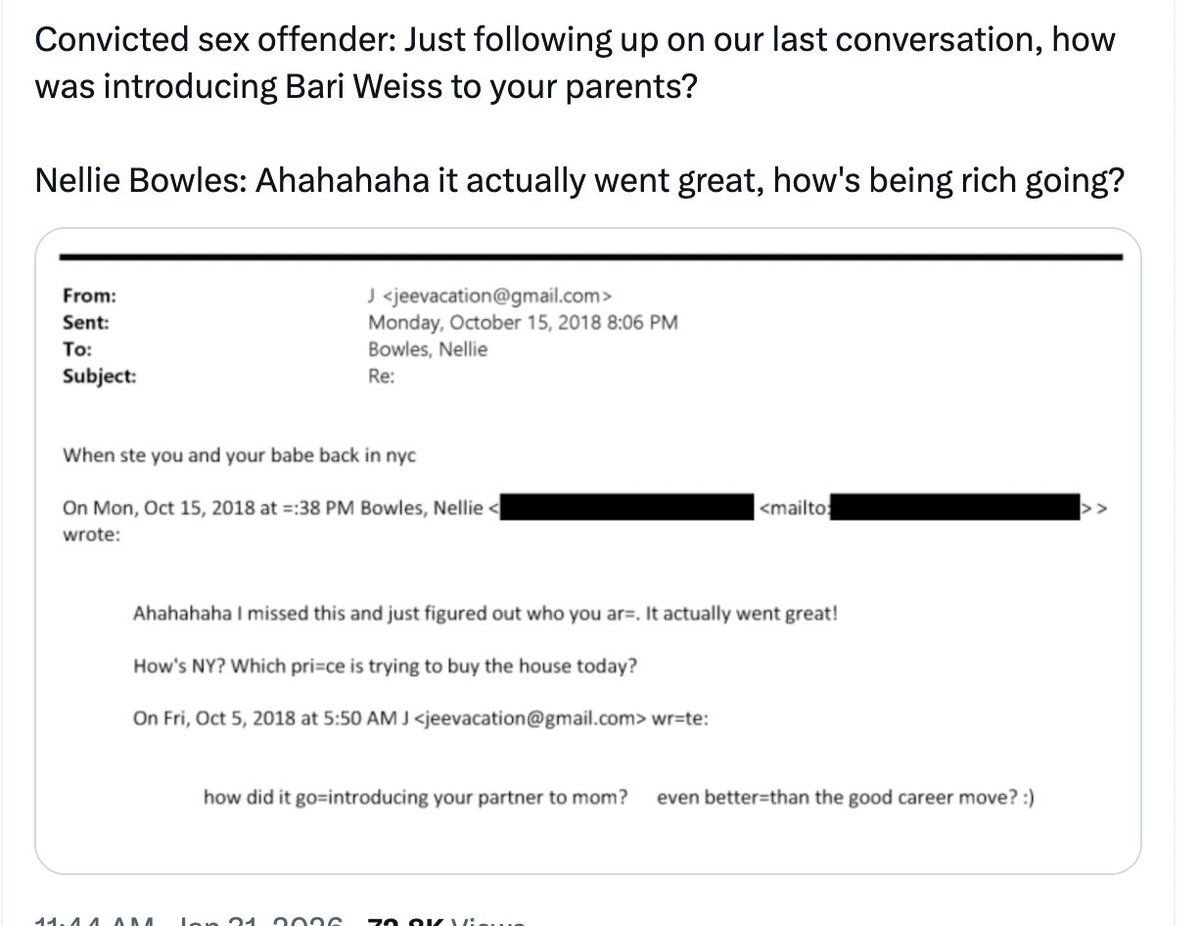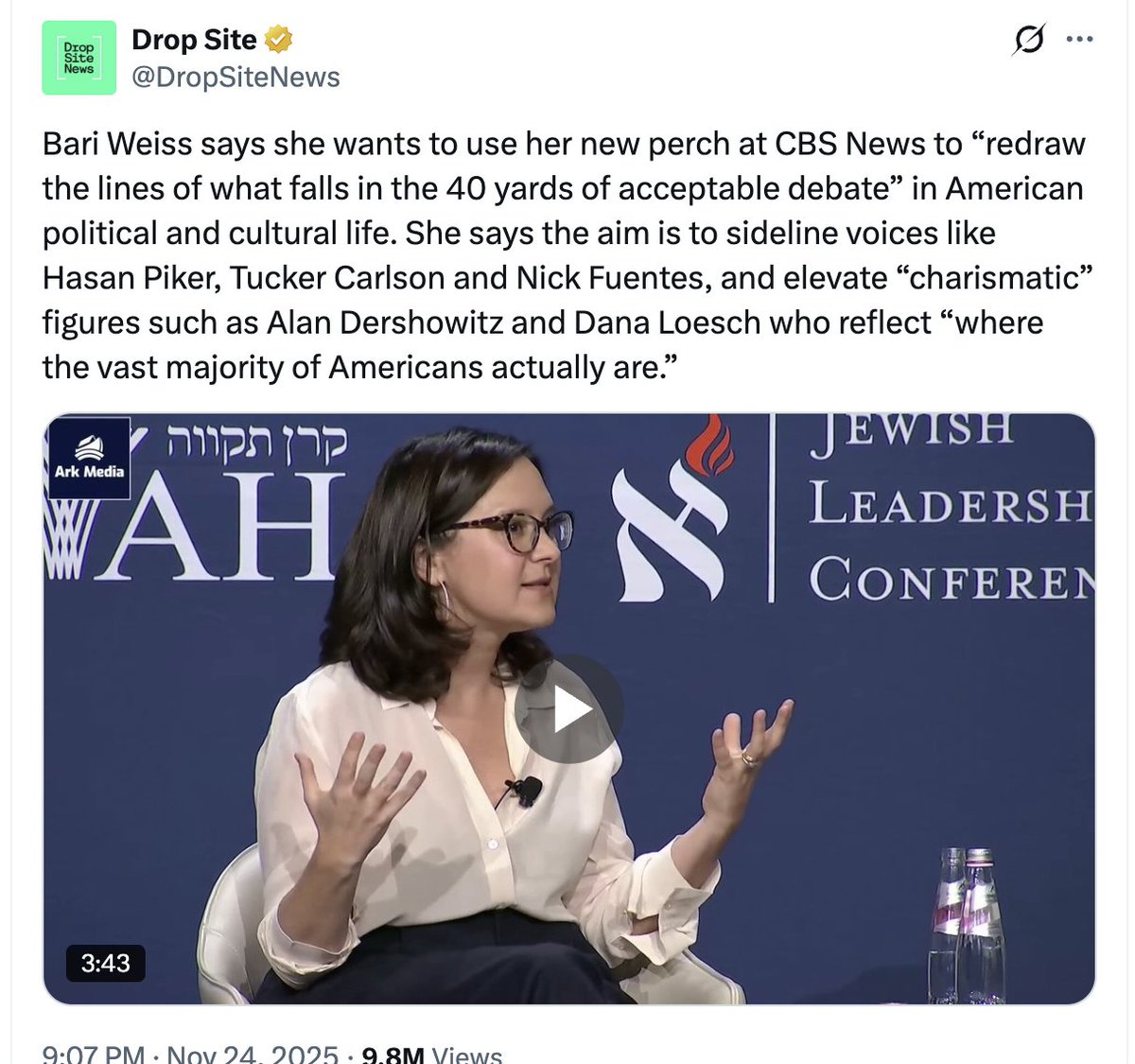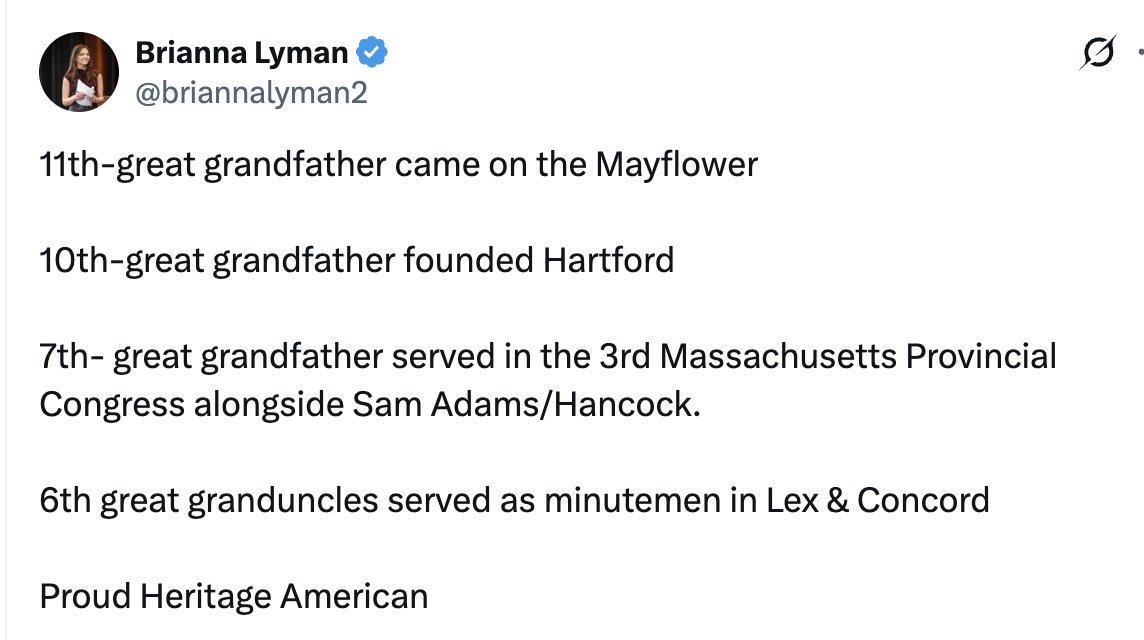1. Good thread on Russel Kirk & Jim Crow. The thing to note is that Kirk's 1958 editorial marked a shift in how Northern conservative intellectuals saw South. Kirk was from Michigan & previously not bad on race (he opposed Japanese American internment).
https://twitter.com/Joshua_A_Tait/status/1161242119320662016
2. We tend to take the alliance of Northern and Southern conservative intellectuals for granted, but it's a product of an ideological shift from 1945-1960, a kind of precursor to the Southern strategy the GOP adopted in 1960s.
3. Prior to 1945, Northern conservative intellectuals & pundits (Mencken, Nock, Pegler) were blistering critics of white south, seeing it as cultural & moral backwater, & supported some measure of civil rights (primarily anti-lynching laws).
4. The primary intellectual form of Southern conservatism tended to be traditionalist anti-capitalist (i.e. the agrarians) which clashed with the pro-business orientation of Northern conservatives. Also, of course, Republican party was minimal in South.
5. The post-1945 reconciliation of the South & North was a product of a variety of factors: the expansion of civil rights movement beyond anti-lynching to democratic rights, anti-communism, and the emergence of Dixiecrats as leading Southern opponents of liberalism
6. William F. Buckley was a big part of this story, for very personal reasons: his mom was Southern and Buckley grew up in South Carolina on one of the biggest former slave plantations in America (originally owned by James Chestnut, who ordered firing on Fort Sumter)
7. Buckley's South Carolina plantation was very old school, complete with black servants. "It was like Gone With The Wind," recalled Garry Wills. This was the emotional roots of Buckley's support for white Southern racism.
8. At National Review, Buckley was in perfectly poised to promote the idea of the white South as a conservative bulwark, aided by writers like Richard Weaver and J.J. Kilpatrick. They created a new synthesis of northern & southern conservatism.
9. All of which is to say that there was nothing inevitable about Northern conservative embrace of racist backlash politics in South. It was a choice. There were other paths open and other parts of their own tradition they could have turned to.
• • •
Missing some Tweet in this thread? You can try to
force a refresh












